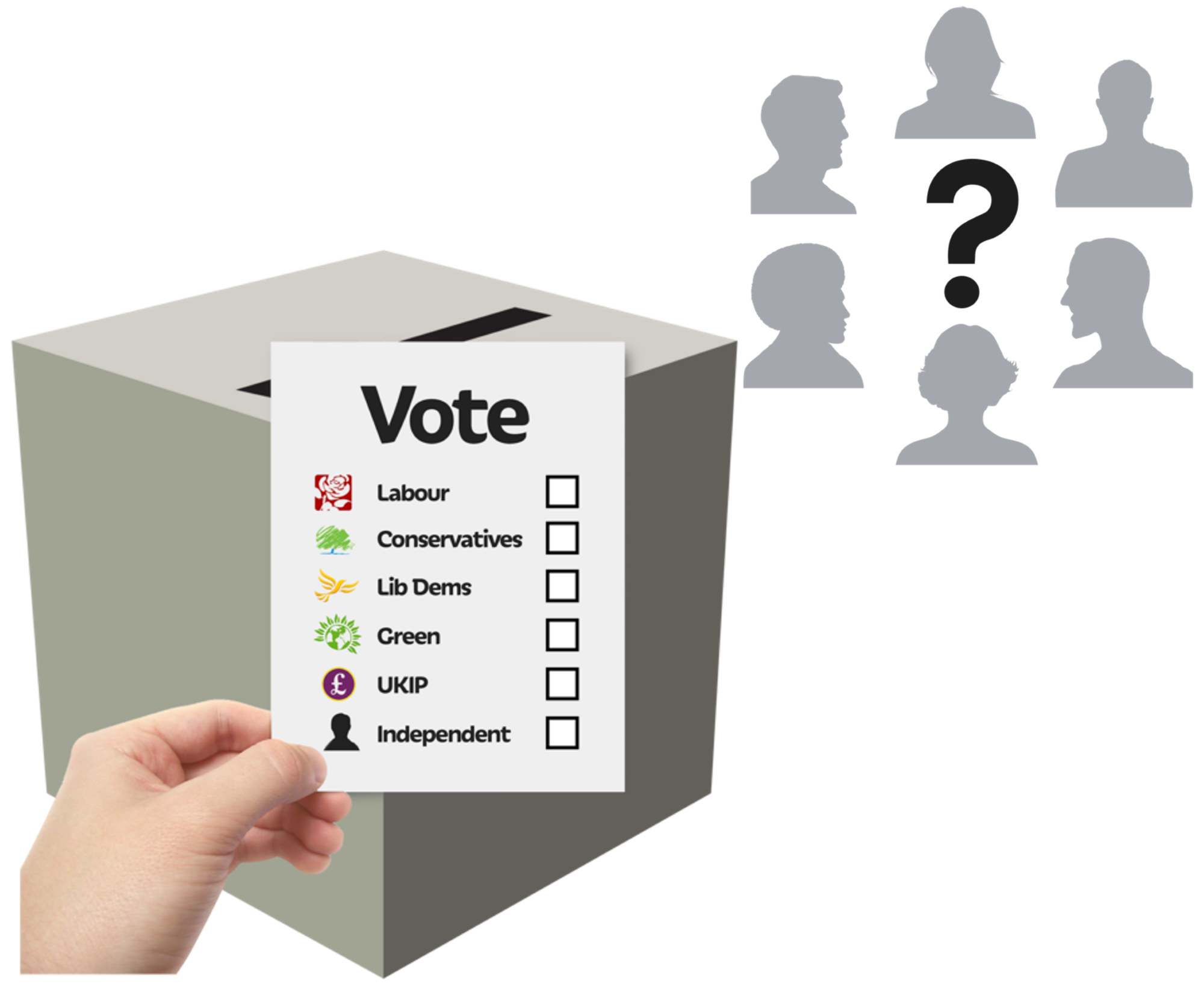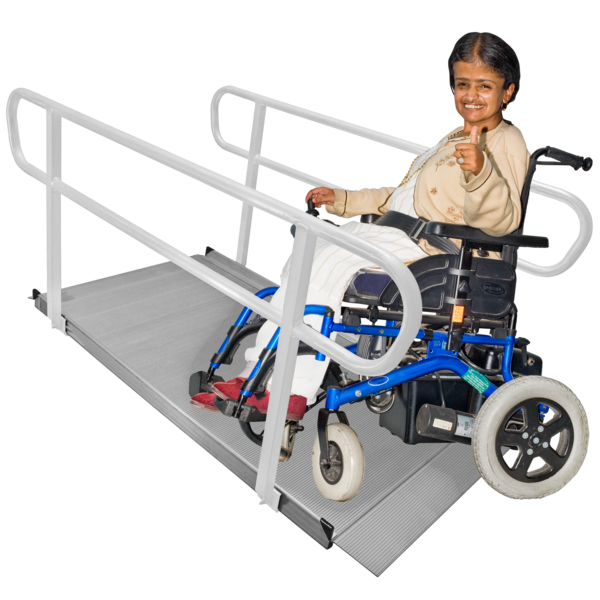Tonight, disabled people, their families and carers gathered in London to ask leading political figures what they will do to support the 11 million disabled people in the UK if they are elected to government in May.
The panel discussion, General
Election
 An election is when people choose who should be in charge of something. This could be in charge of a group, an area, or the country. People choose by voting. The person with the most votes wins.
2015: Making Welfare Work, was organised by the Disability Benefits Consortium (DBC) – a national coalition of over 50 charities and organisations, including Mencap, MS Society and RNIB, committed to working towards a fair benefits system.
An election is when people choose who should be in charge of something. This could be in charge of a group, an area, or the country. People choose by voting. The person with the most votes wins.
2015: Making Welfare Work, was organised by the Disability Benefits Consortium (DBC) – a national coalition of over 50 charities and organisations, including Mencap, MS Society and RNIB, committed to working towards a fair benefits system.
The event was held against the backdrop of the DBC’s key asks for the next government, which reflect the issues and concerns facing disabled people and the commitments required from the next government to properly support them(1).
Chaired by The Guardian’s David Brindle, disabled people and their families questioned a panel of leading welfare and disability spokespeople from the five main political parties on what they will do to ensure disabled people get the support they need, when they need it.
The panel consisted of:
- Kwasi Kwarteng (Conservatives, Member of the Work and Pensions Committee 2013-present)
- Stephen Timms (Labour, Shadow Minister for
Employment
 Employment means having a job.
)
Employment means having a job.
) - Baroness Celia Thomas of Winchester MBE (Liberal Democrats, former
spokesperson
 A spokesperson is someone who speaks up about something. They usually speak up on behalf of a group or organisation.
for Work and Pensions)
A spokesperson is someone who speaks up about something. They usually speak up on behalf of a group or organisation.
for Work and Pensions) - Councillor Star Etheridge (UKIP, disabled spokesperson)
- Marion Turner-Hawes (Green Party).
The politicians started by outlining their parties’ policies and giving their own views on what needs to happen to the welfare system:
- Etheridge proposed to get rid of the work capability
assessment
 An assessment is a way of finding out what help a person needs. When you have an assessment, you might have to go to a meeting or fill in a form.
, introduce
accessible
An assessment is a way of finding out what help a person needs. When you have an assessment, you might have to go to a meeting or fill in a form.
, introduce
accessible
 Accessible means something is easy for people to use or join in with. For example: Accessible writing means the writing is easy to read and understand.
benefits forms, and increase carer’s allowance
Accessible means something is easy for people to use or join in with. For example: Accessible writing means the writing is easy to read and understand.
benefits forms, and increase carer’s allowance - Baroness Thomas proposed to get rid of the 20 metre rule for PIP, improve training for disability employment advisors in Job Centres and better promote for Access to Work
- Kwarteng proposed to prioritise reducing delays in PIP
- Turner-Hawes proposed to invest £1bn into DLA/PIP, double carer’s allowance and abolish the bedroom tax
- Timms proposed to abolish the bedroom tax, reform the work capability assessment, and prioritise reducing delays in PIP.
Kicking off the questions from the floor was Ciara Lawrence, who has a
learning disability
 A learning disability is to do with the way someone's brain works. It makes it harder for someone to learn, understand or do things.
and works for the charity Mencap. She asked:
A learning disability is to do with the way someone's brain works. It makes it harder for someone to learn, understand or do things.
and works for the charity Mencap. She asked:
According to the DBC’s Big Benefits Survey
A survey is when someone asks you to answer some questions. , 13% of disabled people have been victims of hate crime
A hate crime
A crime is when someone does something wrong and breaks the law. is when someone is hurt or bullied because of things like: their disability or their religion
Religion is to do with the things you believe about the world. For example you may believe there is a god or something else. Examples of religions are Christianity, Hinduism, Islam and Judaism. . because they claim benefits. There have been 124,000 disability hate crimes in the last two years. Can you name one thing that your party will do to improve the way that society talks about benefits and disability?
Disabled members of the audience and their supporters raised a plethora of issues with the political candidates, including the negative impact of the assessment process for disability benefits, inappropriate sanctions, where reductions in welfare budgets will come from and ideas around starting education
Education is when you learn things. When you fill in a form to get a job, education means you write where you went to school, college or university. about attitudes towards disabled people in schools.
Claire Nurden from the MS Society, brought into question how the parties would support disabled people affected by delays to PIP. She asked:
Stricter criteria for the benefit, like the 20 metre rule, are leaving disabled people trapped in their home, losing access to Motability vehicles and the financial support they need to get out and about. What will each of the parties do to address these issues as a matter of urgency?
James Bolton, co-chair of the Disability Benefits Consortium, said:
Tonight’s event saw disabled people demanding a fairer benefits system.
With our combined knowledge, experience and direct contact with millions of disabled individuals and carers, we know that the system is not currently up to task. It is failing to adequately meet the needs of many disabled people who rely on it.
This must change. Alongside millions of disabled people, their families and carers, we call on all political parties to commit to our recommendations and help ensure that disabled people can get the support they need when they need it.
-ENDS-
(1) Disability Benefits Consortium: Five things you and your party can do for disabled people PDF:
- The next government should recognise the extra costs disabled people are forced to pay, and take steps to tackle this financial disadvantage in the longer term.
- The next government should ensure appropriate support for disabled people to work, and security for those who cannot.
- The next government should take a lead role in changing the way society talks about welfare.
- The next government should ensure overall spending on financial support for disabled people is allocated on the basis of need, not pre-determined limits to avoid disabled people losing the support they need in years to come.
- The next government should take action to ensure that a person’s disability does not mean that they are disproportionately affected by policy decisions.
Notes to editors
About the Disability Benefits Consortium
The Disability Benefits Consortium (DBC) is a national coalition of over 50 different charities and other organisations committed to working towards a fair benefits system.
Using our combined knowledge, experience and direct contact with disabled individuals and carers, we seek to ensure Government policy reflects and meets the needs of all disabled people.